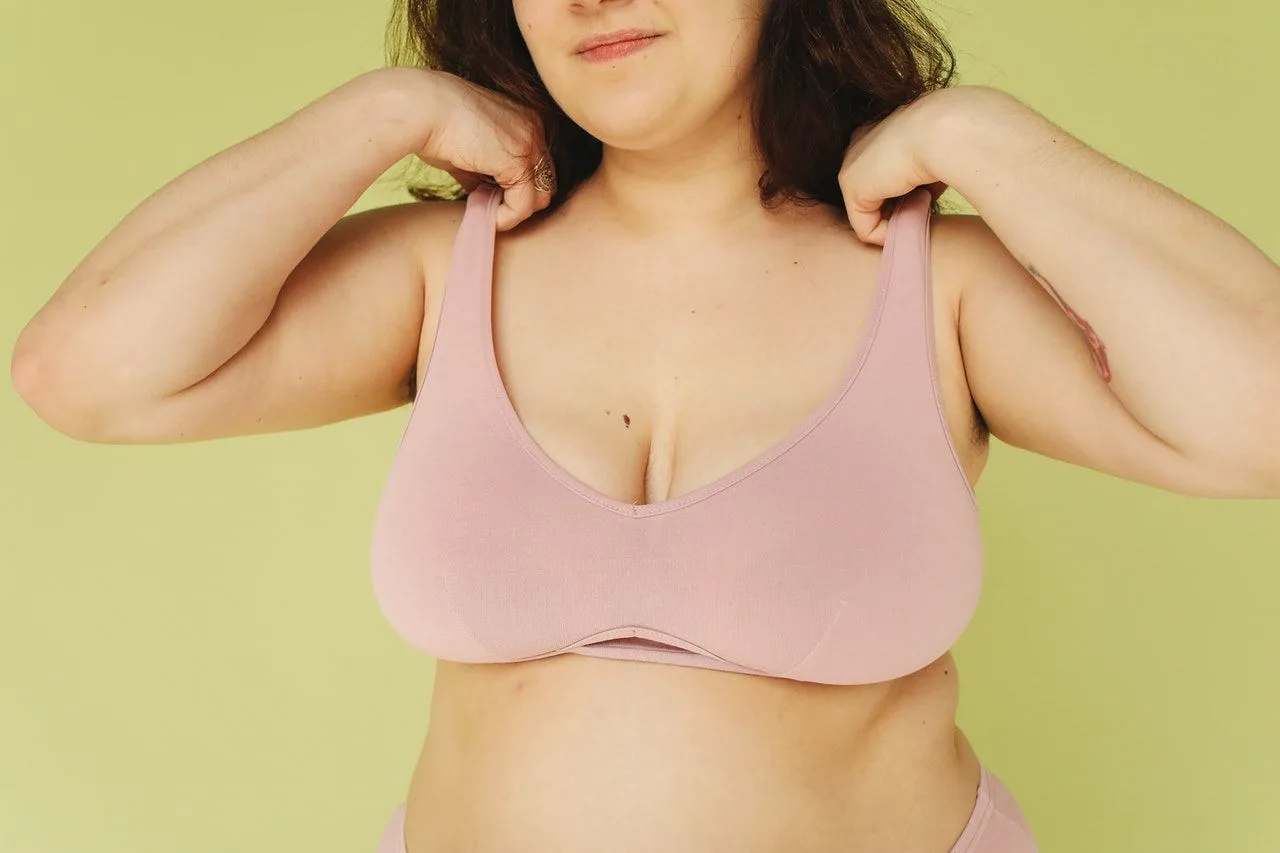While breast cancer affects over 2 million of the female population, as well as 1% of the male population, the outcomes are so much more positive if we are informed, manage our health, and screen.
Dr. Justus Apffelstaedt is a specialist surgeon with a special interest in breast, thyroid, parathyroid health management, and soft tissue surgical oncology. To close off breast cancer awareness month, Dr. Apffelstaedt had a wellness chat with us.
Breast Cancer: You Can Beat It
About 80% of women both old and young have the chance of getting breast cancer. What’s more, most would have died in the past. However, thanks to the improvement of technology and early detection, many women’s lives are saved.
While the same couldn’t have been said decades ago, thanks to early screenings, breast cancer has now become a manageable disease.
What are the risk factors?
Genetics

Photo by Ave Calvar Martinez from Pexels
“About 5%-10% of breast cancer cases have a genetic component that drives people to be at risk.” – Justus Apffelstaedt
When testing for the breast cancer gene, patients are tested for up to 84 genes and once the genes have been identified, the patients are offered risk reduction measures, which are quite effective. For instance, having a risk reduction surgery can significantly lower the chances of you suffering from breast cancer.
Obesity
Unfortunately, obesity changes your hormonal profile. Fat cells make estrogen and more fat cells mean more estrogen in the body, which means more hormone-receptor-positive breast cancers develop and grow.
Maintaining a healthy weight can help to reduce the risk of breast cancer but sadly, South Africa has a huge obesity problem and this may be why the breast cancer cases in the country keep climbing.
Smoking
According to Dr. Apffelstaedt, smoking only marginally increases the risk of breast cancer. In fact, smoking releases toxic substances into the body, and about 9/10 people are able to detoxify these substances effectively. Therefore, the risk of breast cancer isn’t increased as much. However, there are people who are unable to detoxify these substances, and they face a heightened risk for breast cancer.
The same cannot be said for alcohol, however.
Alcohol
The metabolization of alcohol triggers toxic substances that lead to a direct attack on the DNA, of which cancer cells can be found. In fact, a heavy alcohol drinker who sources cheap alcohol increases their chances of being at risk by 50%.
![fat loss [longevity live]](https://longevitylive.com/wp-content/uploads/2019/06/adults-alcohol-alcoholic-beverage-1304473-jpg.webp)
Conversely, there are certain types of alcoholic drinks that are good for you if consumed moderately.
“If you have a glass of good red wine per evening, together with a healthy and balanced meal, you’ll increase your average life expectancy by 4 years.”
Protecting yourself
Exercise
In addition to diet, exercise can also serve to protect your health and reduce your risk for breast cancer. According to Dr. Apffelstaedt, if you exercise strenuously 4 times a week, you can reduce the chances of getting breast cancer by 30-50%.
Furthermore, once you have been diagnosed with breast cancer, changing your lifestyle and including exercise can be as effective as chemotherapy and hormonal treatment. Granted, Dr. Apffelstaedt does not recommend replacing treatment methods with exercise, but it’s clear that an active lifestyle is an amazing remedy for your health.
Screenings save lives
“In Sweden, a study was done to look at what exactly happens to the women that come in for a mammogram screening and those who don’t.
It was proven that breast cancer screening reduces the mortality of cancer by 60% and is a very effective way of dealing with breast cancer.”
The fact of the matter is that screening can save lives, and it’s important for women to go for their regular check-ups. What’s more, they should also get into the habits of self-examination, because women who visit their doctors because they felt a lump themselves have been proving to be correct.
Unfortunately, once diagnosed, their risk of dying of breast cancer is 30% – which is quite high. However, for the women that come in without any symptoms for the screening mammograms, the recurrence rate is only 10%.

Mastectomy bra
An area of breast cancer recovery that is often ignored is the lives of women following a mastectomy. Now, while mastectomies are a good and available option to ensure their survival, advanced reconstructive surgery isn’t necessarily as easily available to them.
This is where mastectomy bras come in.
According to Dr. Apffelstaedt, these bras do the same job as the surgery. They help restore dignity and help breast cancer survivors fall in love with themselves again.
For more on mastectomy bras, as well as how you can do your part to help the women affected, click here.
Dr. Justus Apffelstaedt

Dr. Justus Apffelstaedt
Dr. Justus Apffelstaedt is a specialist surgeon. He has a particular interest in breast, thyroid, and parathyroid health management, as well as soft tissue surgical oncology.
Dr. Apffelstaedt has published about 50 peer-reviewed articles in scientific journals, both nationally and internationally. He has also presented about 60 invited papers at national and international scientific meetings. Additionally, he has had about 100 scientific papers read at national and international scientific meetings.
Watch the interview
The video interview with Dr. Justus Apffelstaedt contains the entire dialogue of this interview, and you can watch it below.
View this post on Instagram





![women [longevity live]](https://longevitylive.com/wp-content/uploads/2020/01/photo-of-women-walking-down-the-street-1116984-100x100.jpg)










